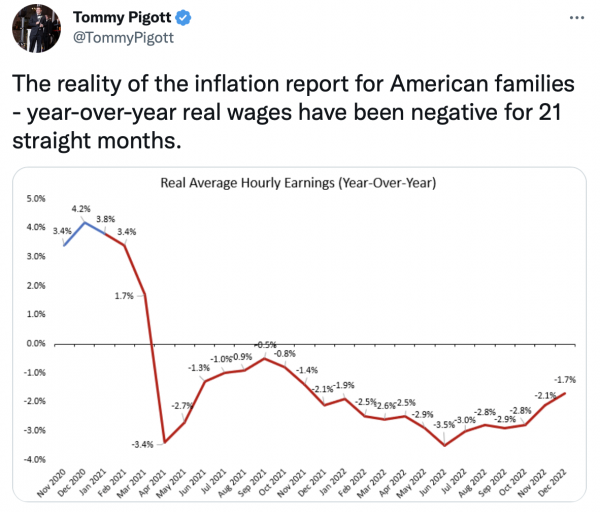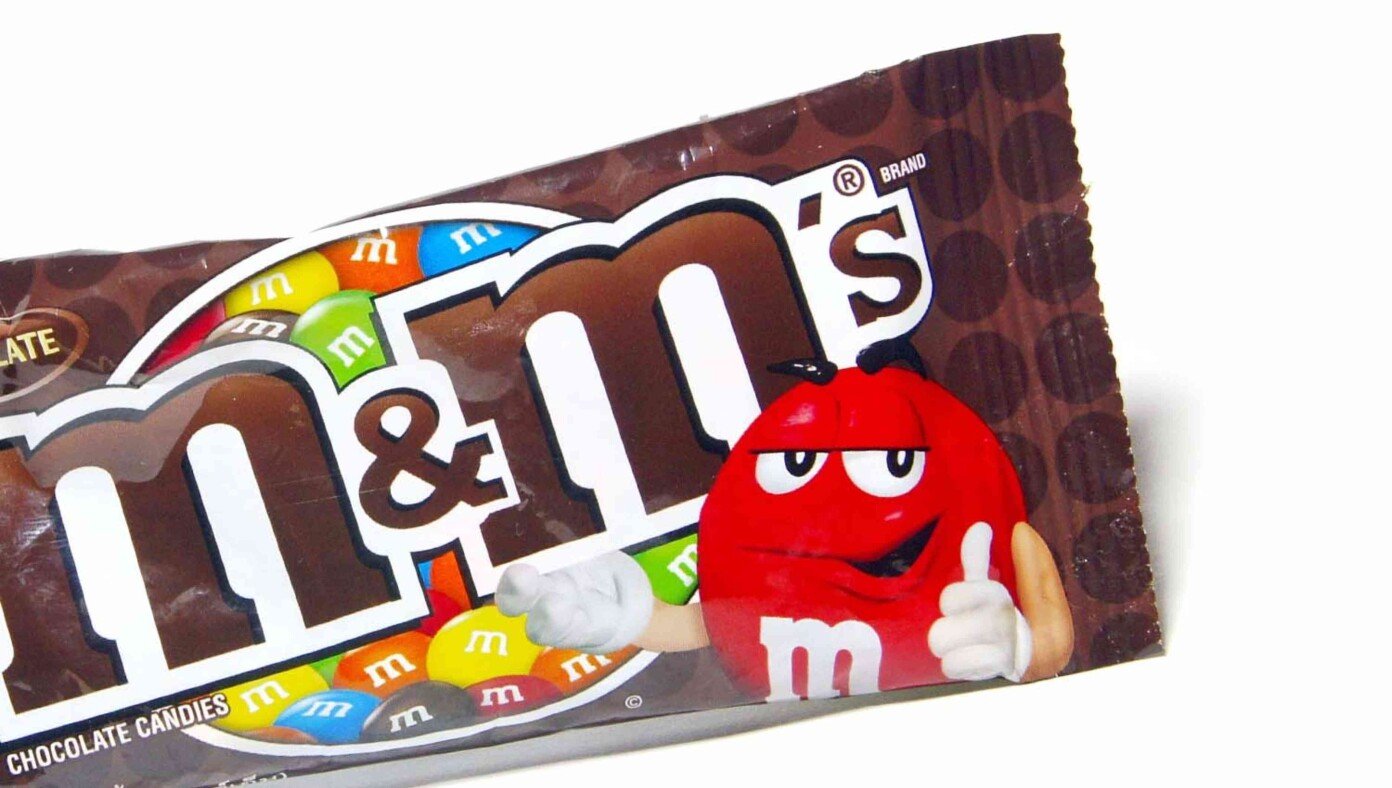WHEN TWO PROPHETS BUILT AN ALLIANCE BETWEEN BLACKS AND JEWS:
“When People Criticize Zionists They Mean Jews, You Are Talking Antisemitism” Martin Luther King Jr, A proud unapologetic Zionist.
More exact words were never said. They were told by the great civil rights leader, The Reverend Martin Luther King Jr., the American hero whose life and dream of please and equality America celebrates on Monday, January 16trh.Dr. King was a strong supporter of Jewish Issues. He fought for the freedom to observe all faiths, was a proud unapologetic Zionist and fought to release the Jews trapped in the Soviet Union.
One of his closest allies and friends was Rabbi Abraham Joshua Heschel, a Polish-born American Conservative rabbi considered one of the leading Jewish theologians and philosophers of the 20th century. He was a leader of the civil rights movement. In many pictures of 1960s civil rights protests, including the famous one in Selma, the Reverend and Rabbi marched close together in the front line. The two great men of faith forged a close alliance between the African American and the American Jewish Leadership. Each one called the other a prophet.
Rabbi Abraham Joshua Heschel marched with Martin Luther King Jr. on the road to civil rights. Reverend Dr. King marched with the Jews on the way to a secure Israel.
“At the first conference on religion and race, the main participants were Pharaoh and Moses. The outcome of that summit meeting has not come to an end. Pharaoh is not ready to capitulate. The Exodus began but is far from having been completed.”
Those were the words with which Heschel opened his address at the 1963 National Conference on Race and Religion in Chicago. At that conference, Rabbi Heschel first met the Reverend Dr. Martin Luther King Jr., the keynote speaker at this national gathering.
Much more like this please, versus: O Ye of Little Faith: The Anti-Semitism of Kanye West.
Now, as then, anti-Semitism has a function: It translates traditional and retrograde attitudes into a political interpretation with potential for radical social action.
So it was in Crown Heights, Brooklyn, where local preachers laid the groundwork and served as apologists for the deadly 1991 riots. For three days, black rioters proclaiming themselves the second coming of Hitler beat up any Jew they could find. In this magazine in November 1979, Dorothy Rabinowitz foresaw the violence, noting that in Crown Heights, “public expression of anti-Semitic sentiment, as a means of conveying political antagonism, seems now to have become normal.” When I spoke to one of the rabble-rousing black reverends in 2021, he still justified his actions with all kinds of grievances, comparing Chabad to the Ku Klux Klan and substantiating his claims with minutiae about political maneuvering and access to government funding. Decades from now, I expect to hear similar figures use the New York Times’ latest distortion—that Hasidic schools steal funds from poor black children—as a justification for some future attack.
Even after a Jew had been murdered in Crown Heights, with dozens beaten and thousands forced into hiding, “civil-rights leaders” such as Al Sharpton continued to fan the flames and suggest that the Lubavitchers had deserved the pogrom they got. Only days before the riot, Sharpton had said, “If the Jews want to get it on, tell them to pin their yarmulkes back and come over to my house.” He said it in defense of Leonard Jeffries, then the chairman of black studies at City College, who was under fire for blaming Jews for the slave trade, among other wild theories. The black New York radio station WLIB and the Amsterdam News and City Sun papers also rallied to Jeffries’s defense. Not one black lawmaker in Albany signed the condemnation of Jeffries.
In reporting on the 30th anniversary of the Crown Heights riots last year for the Wall Street Journal, I spoke to Brooklyn’s Laurie Cumbo, then majority leader of the New York City Council. Cumbo called the riots “the Crown Heights Uprising,” because “‘riots’ give the impression of [having] no basis.”
So I hope you’ll forgive my cynicism about the response to Kanye West. If West hadn’t first raised the ire of black leaders with his friendly treatment of Donald Trump, we would hear now that he’s speaking from a place of pain. We’d hear that anti-Semitism “is for some black folks a defense against antiblack racism on the part of Jews,” as bell hooks, the pioneering black feminist scholar, wrote in 1992. Adapting James Baldwin, apologists would explain that when West said “Jew,” he really meant “white.” But, as Earl Raab pointed out in COMMENTARY in January 1969, “that is an exact and acute description of political anti-Semitism. ‘The enemy’ becomes the Jew, ‘the man’ becomes the Jew,… who stands symbolically for generic evil.”
Exit quote: “Anti-Semitism from above, in speeches and tracts, has always proceeded in a dialectic with anti-Semitism from below, with rocks and bricks. Kanye West is nuts, and so is the guy who sucker punches a Hasid in Brooklyn. They hear the same noise—and each other.”


